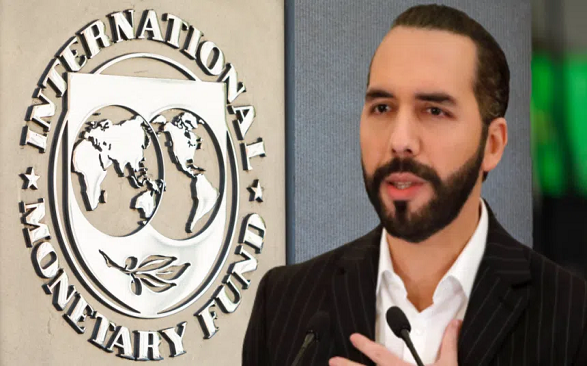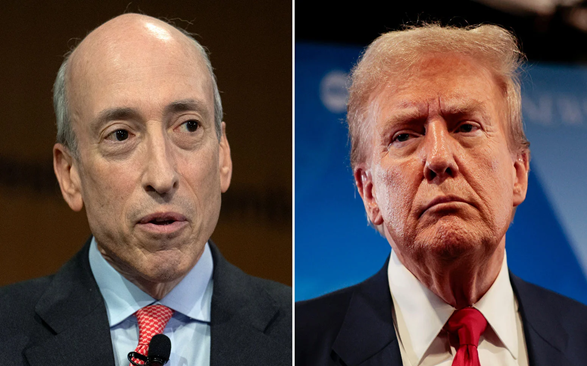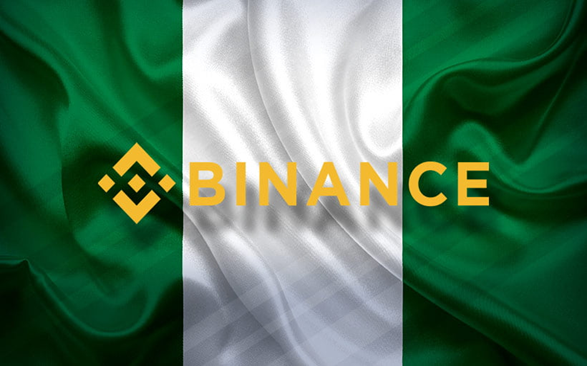By Jude Ayua
The International Monetary Fund (IMF) is in talks with El Salvador to review its Bitcoin law, which made bitcoin legal tender in the country in 2021. The IMF has suggested to El Salvador to “narrow the scope” of the law to receive the resources it seeks from the Fund.
During a press briefing on 3 October 2024, the IMF’s Director of Communications Department Julie Kozack responded to a question on the subject from a participant. The participant asked about the expectations from the IMF on the use of Bitcoin as an official currency in El Salvador, if the IMF requires El Salvador to address concerns around public sector engagement with bitcoin. In response, Kozack explained the Fund’s overall policy engagement with El Salvador:
“IMF staff have an ongoing engagement with the Salvadorian authorities, and the objective is to reach agreement on a new IMF supported program that would help with macroeconomic stabilization and adjustment, and also growth enhancing reforms.”
Specifically in respect of bitcoin, Kozack explained, “Ongoing discussions are focused on policies [and] reforms that can … boost productivity and economic governance addressing risks arising from bitcoin. A key element of these discussions and of course the goal is for the Fund to be in a position to support a credible and well sequenced policy package that is designed by the authorities with respect to the details on bitcoin.”
Furthermore, Kozack stated the IMF’s policy recommendation: “What we have recommended is a narrowing of the scope of the Bitcoin law, strengthening the regulatory framework and oversight of the Bitcoin ecosystem and limiting the public sector exposure to Bitcoin.” Kozack did not elaborate what “narrowing of the scope” of El Salvador’s Bitcoin law entails. However, what is clear is the IMF’s expectation for the country to limit its use of bitcoin, which could mean removing it as a legal tender.
The IMF’s recent demand shows a shift in its initial response to El Salvador’s Bitcoin law. In 2021, IMF representatives demanded a total repeal of the law.
Read also: IMF proposes framework for CBDC adoption.
El Salvador’s bitcoin investment
El Salvador did not only make bitcoin legal tender but has also been investing heavily in bitcoin. As of October 2024, the country owned 5,892.76 BTC, according to a Forbes report. As a public policy, El Salvador has been adding 1 BTC daily to its treasury since November 2022.
The report also stated that El Salvador has been exploring the possibility of issuing bonds related to Bitcoin, known as the Volcano Bonds, since 2021. This robust investment in bitcoin gives the country confidence that its economy can thrive without the anticipated support from the IMF.
El Salvador’s response
A few days after the IMF’s recent statement, El Salvador’s National Assembly approved an amendment to the enabling law for its National Digital Assets Commission (CNAD). The CNAD is responsible for digital assets regulation and supervision in the country. The amendment empowered the CNAD to regulate Bitcoin companies, maintain a public registry of authorized issuers and marketers of digital assets, and ensure regulatory compliance. The CNAD has now become the primary regulatory authority for the country’s digital assets industry.
Juan Carlos Reyes, President of the CNAD, remarked that the Commission will implement “a risk-based regulatory framework to position El Salvador as a global digital asset adoption and regulation leader.”
On a similar note, the National Bitcoin Office (ONBTC) of the Office of the President announced on X that El Salvador is “El Salvador is building new capital markets on #bitcoin … Because only on bitcoin can an individual ever self-custody their wealth and property…”
Notwithstanding El Salvador’s need for external funds, the country is optimistic that it will not include the issuance of a new debt in its national budget for 2025. Therefore, it may be giving up the hope of receiving fresh funds from the IMF.
The engagements with the IMF are still ongoing. El Salvador can decide between accepting the IMF’s recommendation and keeping its Bitcoin law.
Read also: Crypto Adoption in Nigeria: IMF commends regulatory actions.
Reactions from advocates in El Salvador
Bitcoin advocates in El Salvador have reacted to the IMF’s recommendation.
John Dennehy, the founder of Mi Primer Bitcoin told Javier Bastardo, contributor with Forbes, during an interview, “The IMF’s incentives are not aligned with El Salvador’s, and El Salvador should forge its own path, independent of IMF interests.” Dennehy believes it is best for the country to “defy” the IMF’s “advice regarding bitcoin.” He explained further that El Salvador’s bitcoin policy has significantly improved the country’s economy.
Lina Seiche, creator of Little Hodler, observed that El Salvador’s Bitcoin adoption is “an absolute net positive for the country. It brought international attention, tourism, and investment, giving El Salvador the irrevocable title of first mover.”
Read also: Informally Stubborn- Africa’s Blockchain Yearning for a Better Formal Structure
About the Author: Jude Ayua is a policy analyst at CAB. A lawyer, Jude is an associate at Infusion Lawyers where he is a member of the Blockchain & Virtual Assets Group. He is also a member of the Policy & Regulations Committee of the Stakeholders in Blockchain Technology Association of Nigeria (SiBAN). Jude reports and writes on crypto policy and regulations. jude@infusionlawyers.com
Discover more from Crypto Asset Buyer
Subscribe to get the latest posts sent to your email.





